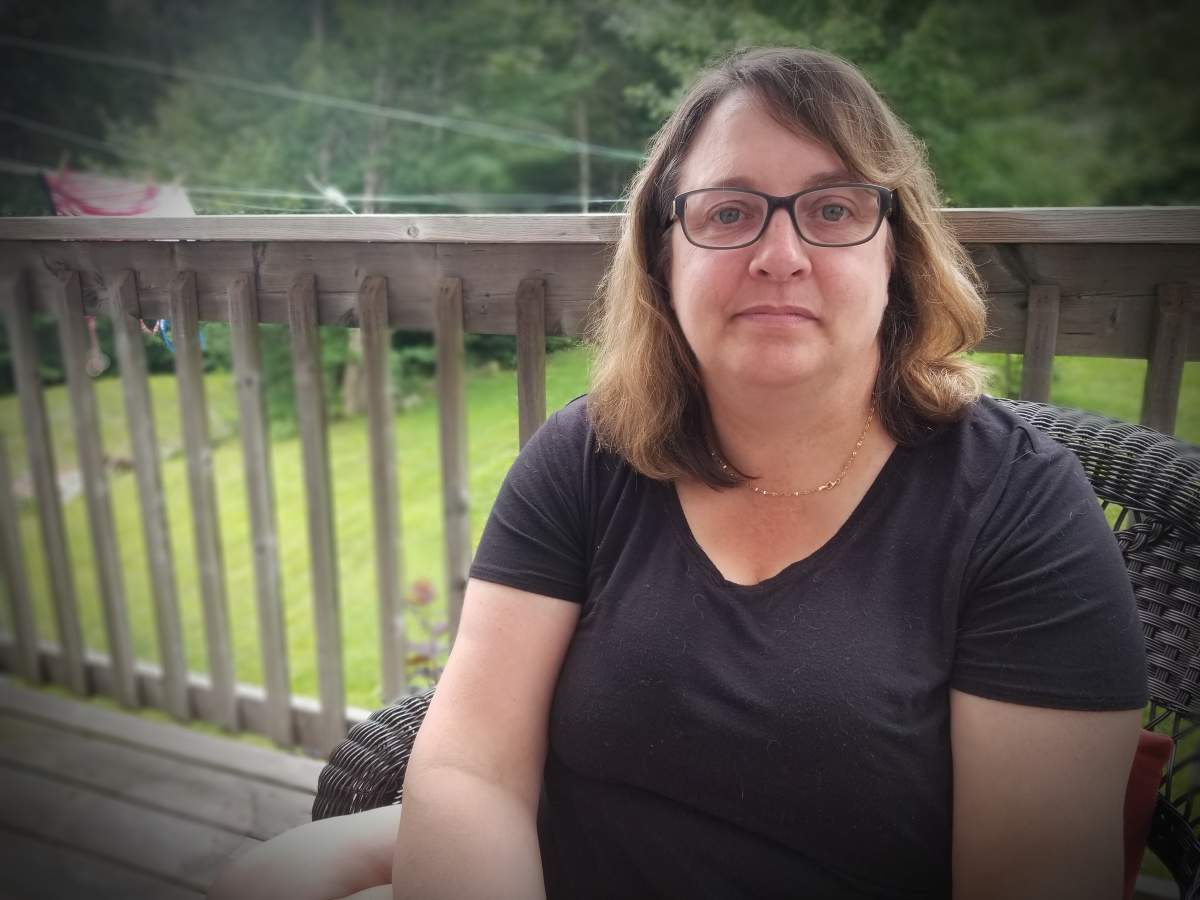A group of parents is voicing concerns about Nova Scotia’s plan to mitigate COVID-19 spread in schools when students return to the classroom after the holidays.

On Tuesday, Education Minister Becky Druhan announced that public school students will return to in-person learning on Jan. 10, rather than Jan. 6 as previously planned.
Even as COVID-19 cases remain high, Druhan said schools are the best place for children to be.
While Stacey Rudderham, co-chair of the group Nova Scotia Parents for Public Education, agrees with that sentiment, she said more needs to be done to protect children and teachers from the virus.
She said many questions still remain surrounding school ventilation systems – something that’s been a concern since the early days of the pandemic.
“I’m a bit frustrated that some of the long-standing issues are simply not getting resolved,” she said.
Minister Druhan said upgrades have been made in ventilation systems when necessary, inspection regimes have been put in place and there is 24-hour on-call maintenance support.
However, in dozens of schools, these “ventilation systems” are hardly systems at all.
While the majority of schools in Nova Scotia do have “active” ventilation systems – which use mechanical fans to promote air circulation – more than 70 schools across the province rely on “natural” ventilation, according to data from the beginning of the school year compiled from the province’s eight regional centres for education.
“So what (Druhan) would be referring to, in some cases, is the simple ability to open windows,” said Rudderham.

Get breaking National news
“I’m a bit concerned about the characterization that this is being taken care of … because we’re hearing from teachers and students alike that that’s just simply not necessarily the case.”

As well, Rudderham took issue with the fact that the province will also no longer conduct contact tracing in school settings.
“Now that we’re talking about less tracking, and self-reporting and so on, parents are more concerned about the fact that there won’t be notifications of school cases at all going forward,” she said, adding that this “takes parents’ ability away to make decisions that are best for their particular family.”
While she agreed there are benefits to in-person learning, Rudderham said more accommodations need to be made for children who are at a higher risk.
“There are parents out there that have really legitimate and unavoidable issues with regards to their kid’s immunocompromised situations,” she said.
“I do know that there are some cases where kids are accommodated but I don’t think it’s as widespread as some parents would like it to be.”
Delay a ‘prudent approach,’ but more needed: NSTU
In a release, Paul Wozney, president of the Nova Scotia Teachers’ Union, said waiting a few extra days before reopening schools is a “prudent approach.”
“That said, if COVID-19 cases persist at their current level, we have deep concerns about the operational viability and sustainable safety of our public school system,” he said.
Wozney said the union has questions about the “layers of protection” touted by the government in the most recent COVID-19 briefing.

Those measures include strict cohorting; not holding large assemblies, gatherings and events; no non-essential visitors; proper mask wearing; and continuation of regular hand hygiene and enhanced cleaning.
However, Wozney said more is needed.
“Contact tracing has been suspended in school settings and a large number of classrooms are without adequate ventilation,” his statement said. “Many school staff have reported that more needs to be done to ensure enhanced cleaning occurs on a consistent basis.
“Without significant additional layers, we are unsure how safe, in-person learning can be sustained in January and beyond if widespread transmission of the virus persists across communities.”
- Canadian immigration officers investigating hundreds identified by extortion task force
- Carney unveils ‘Buy Canadian’ defence plan, says security can’t be a ‘hostage’
- Inflation cooled to 2.3% in January but food prices up again: StatCan
- Ottawa expects Ukrainian emergency visa holders to return after war ends
The province’s opposition parties also question the Progressive Conservative government’s approach.
In a release, NDP education spokesperson Suzy Hansen called for more support for families who will need to figure out child care while their children are home from school.
“The province should be stepping in to help ensure care is available and to make sure families can manage the additional cost,” she said.
The Liberals, meanwhile, are criticizing the fact that the province will cease contact tracing in schools, and noted that vaccination rates for children are only 55 per cent.
In a release Wednesday, Liberal education critic Derek Mombourquette said the party has been calling for a school-based vaccination program for months, “and the numbers suggest it is necessary.”
“We need to do more to get our youngest Nova Scotians vaccinated quickly,” he said. “Go to where our children are… in school.”









Comments
Want to discuss? Please read our Commenting Policy first.